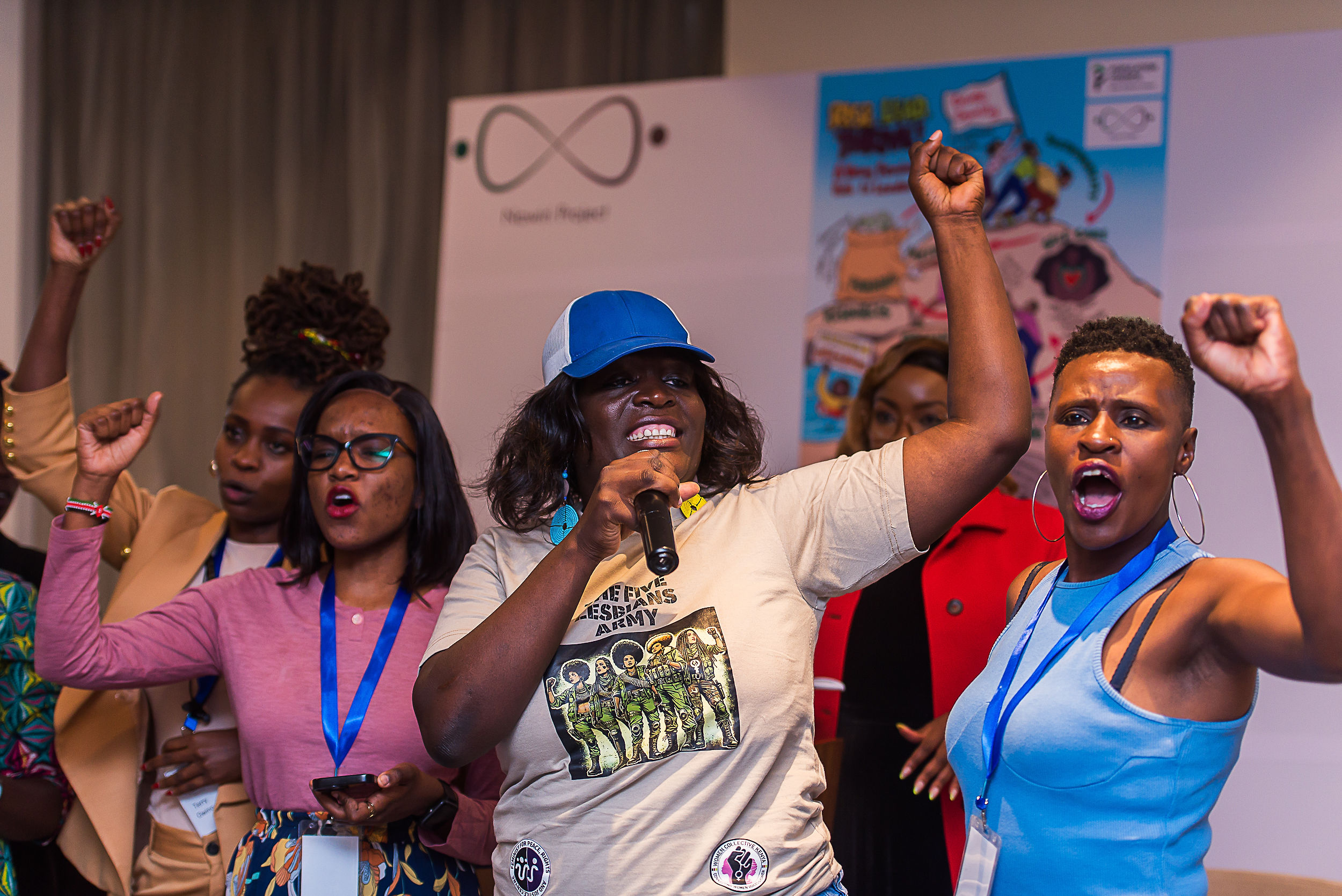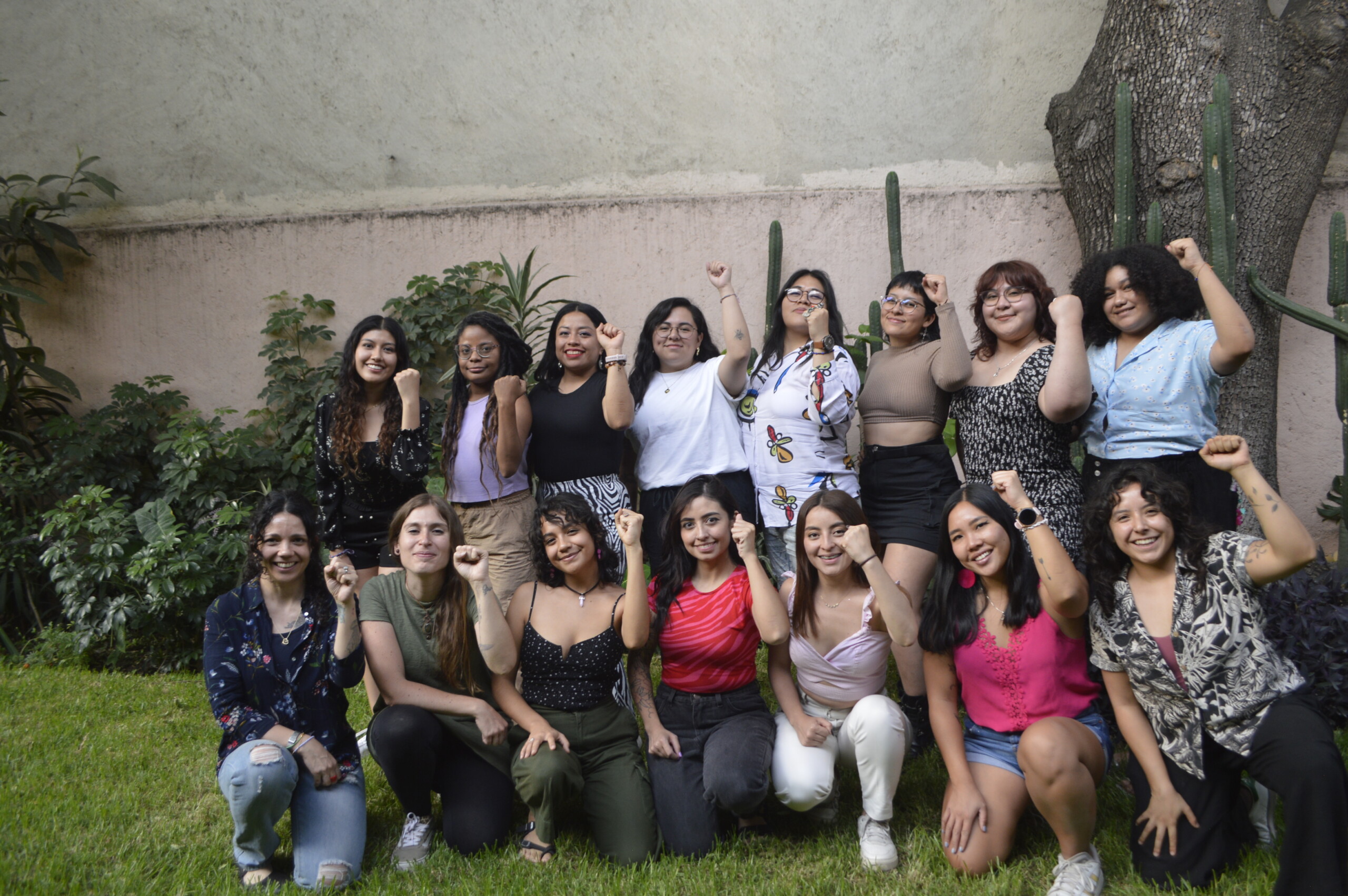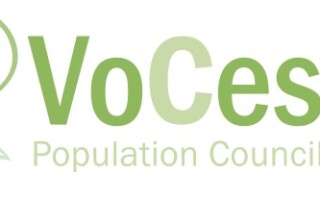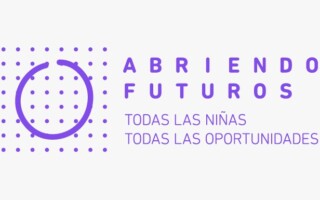
Young feminist organizers in Kenya and Mexico have the knowledge and experience to serve their communities and larger social movements. However, they face obstacles that limit their success. The visibility, sustainability, and influence of YFOs are documented and amplified by using a feminist, participatory action research approach.
Young feminist organizers are clear leaders in their communities. However, they are often underfunded and undervalued. They often aren’t invited into key, decision-making spaces that will allow their efforts to have a wider impact. This have a negative effect on gender equity and girls’ empowerment. This project proved their impact by generating evidence of their efforts. It also gave them additional tools, space, and opportunities to lead the process of capacity building on their terms. This advocacy challenges traditional power dynamics and provides authentic, actionable insights on what is needed for bigger impact. The project is called Nawiri in Kenya and Juventudes Feministas MX in Mexico.
What We Did:
The Approach:
Phase 1: Mapping the Landscape of Young Feminist Organizing
- Conducted rapid evidence assessments to review past literature on young feminist organizing in the Global South.
- Conducted a landscape survey to find and profile over 200 YFOs in Kenya and Mexico.
- Held consultative meetings with YFOs and researchers to shape project design.
- Constituted feminist advisory panels with some previously identified YFOs.
- Developed research outputs including country briefs and working papers.
Phase 2: Participatory Action Research and Storytelling
- Invited and included young feminist researchers to lead the work in Core-PARe teams.
- Trained teams on collective mapping, ethical research, photovoice, and storytelling for capacity building.
- Collective mapping is the collective creation of graphic material that unites territory, knowledge and the participants’ experiences.
- Photovoice is telling a story using photographs or visual images on a particular topic.
- Explored impact, sustainability, and visibility of YFOs through youth-led research tools.
- Conducted 90+ participatory research activities (10 counties in Kenya and 2 counties in Mexico).
- This included case studies, focus group discussions, key informant interviews, and a cost-benefit analysis.
- Engaged 300+ stakeholders across donors, governments, CSOs, and YFOs through conferences, webinars, and more.
- Engaged wider audiences with social media campaigns to provide education about the findings.
- Produced 20+ multimedia research products.
- This included videos, infographics, fanzines, blogs, and podcasts.

The Big Picture:
Phase 1: Mapping & Groundwork
- Young feminist organizing is rooted in community realities, yet are often overlooked in traditional development frameworks.
- YFOs rely heavily on volunteerism, creativity, and informal support networks.
- YFOs are key actors in the intersections of sexual reproductive health and rights, gender equity, climate change, education, girls’ empowerment, mental health, and life skills.
Phase 2: Deep Dive Through Participatory Research
- The participatory approach to advocacy shifted power to young, feminist researchers.
- Case studies and photovoice highlight how YFOs succeed in building mentorship and collaborations, and fostering resilience.
- There is quantitative evidence that investing in YFOs produces social returns greater than the monetary value.
Partners:
- Population Council: Lead research partner coordinating design, training, and implementation in Kenya and Mexico.
- Gender/Feminist Experts: Jody Myrum and Ruby Johnson




